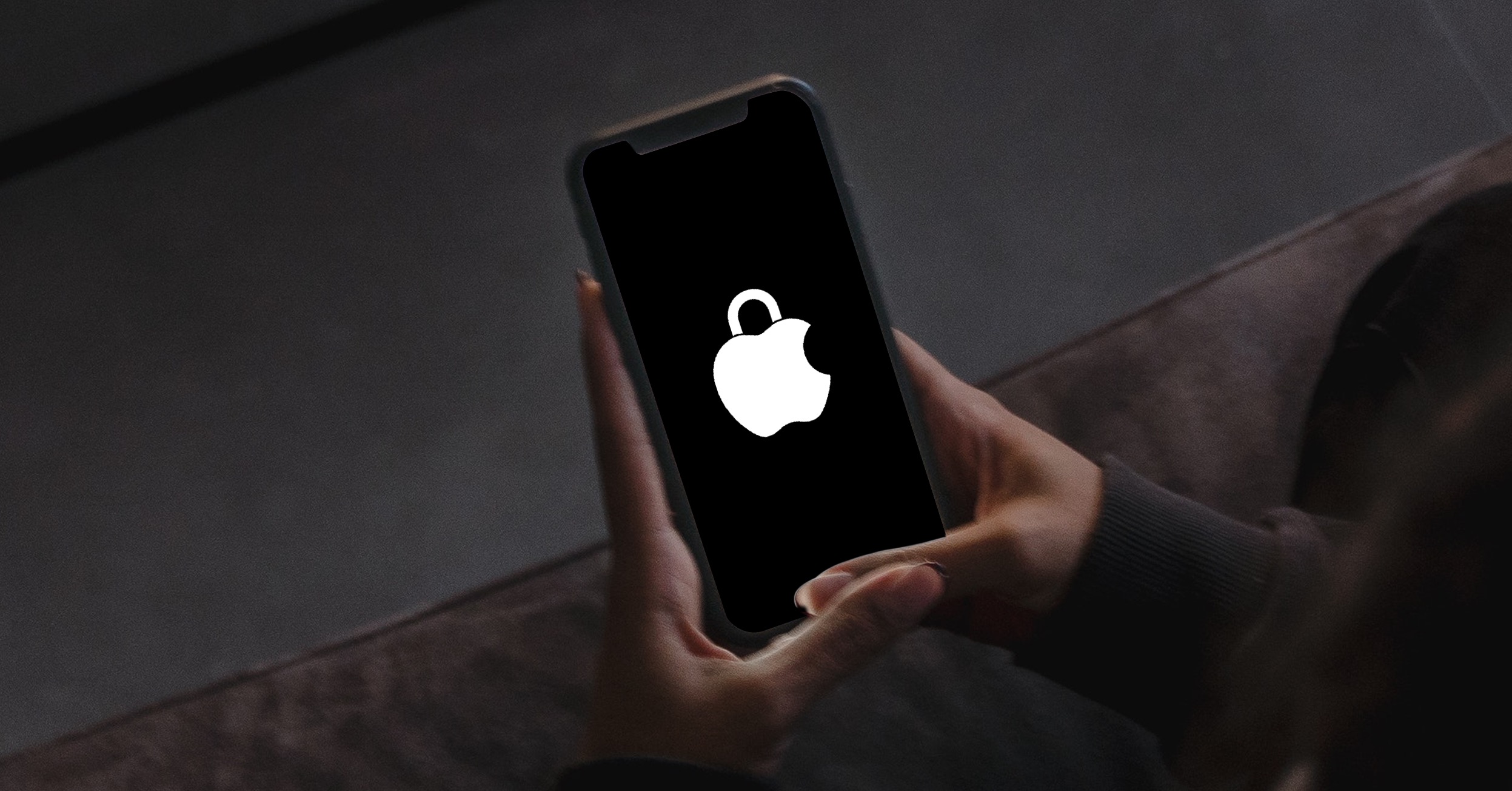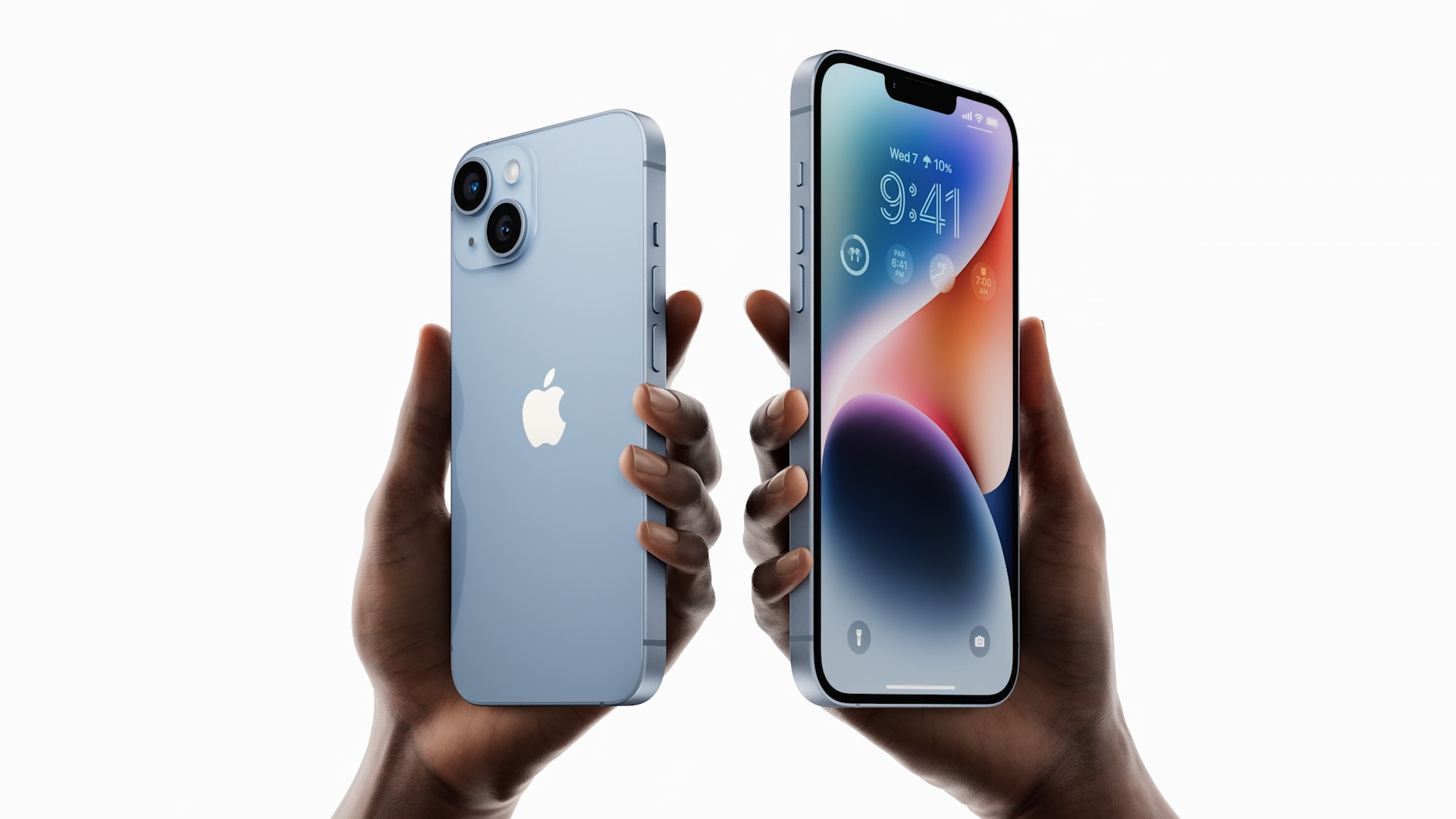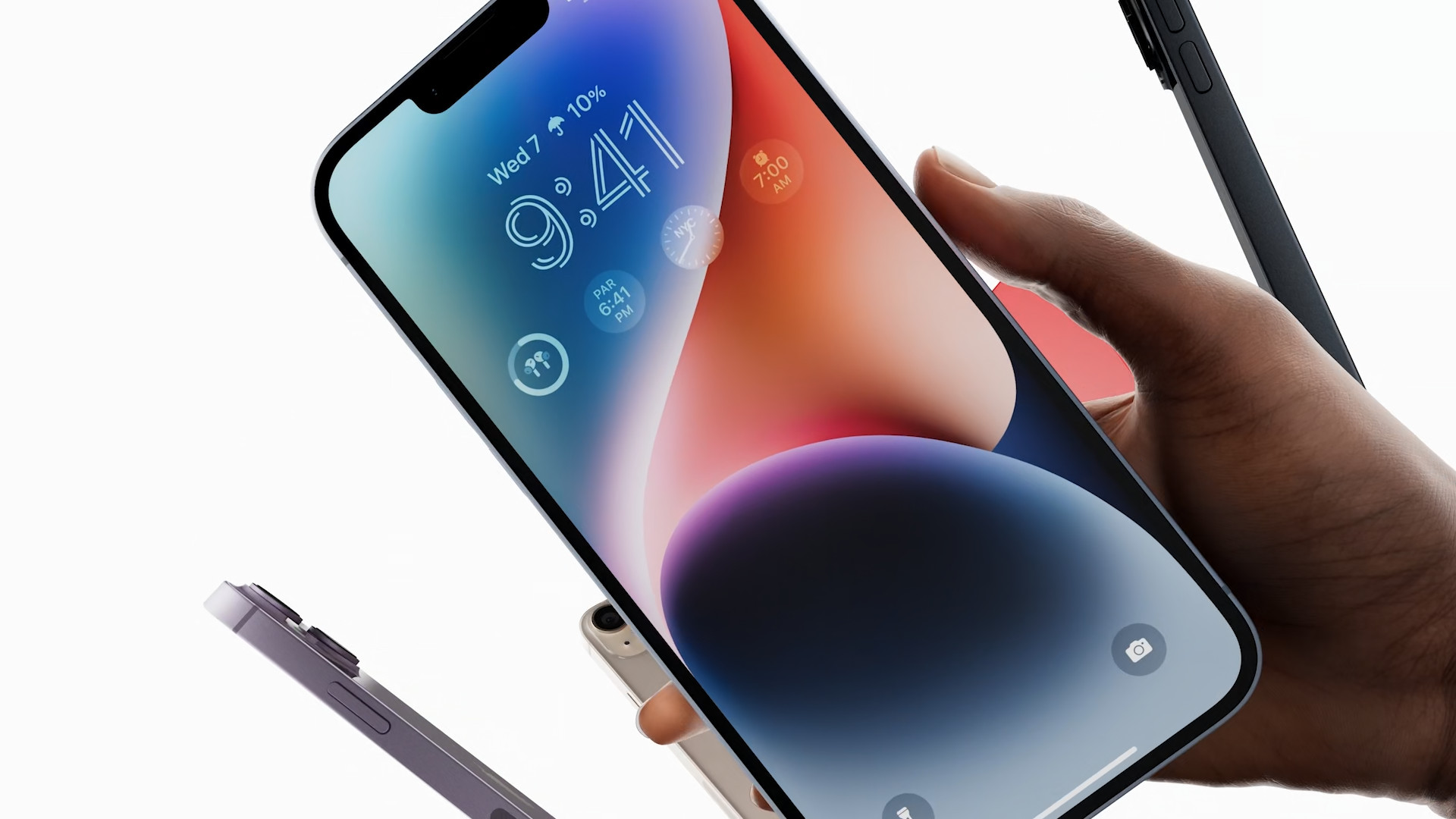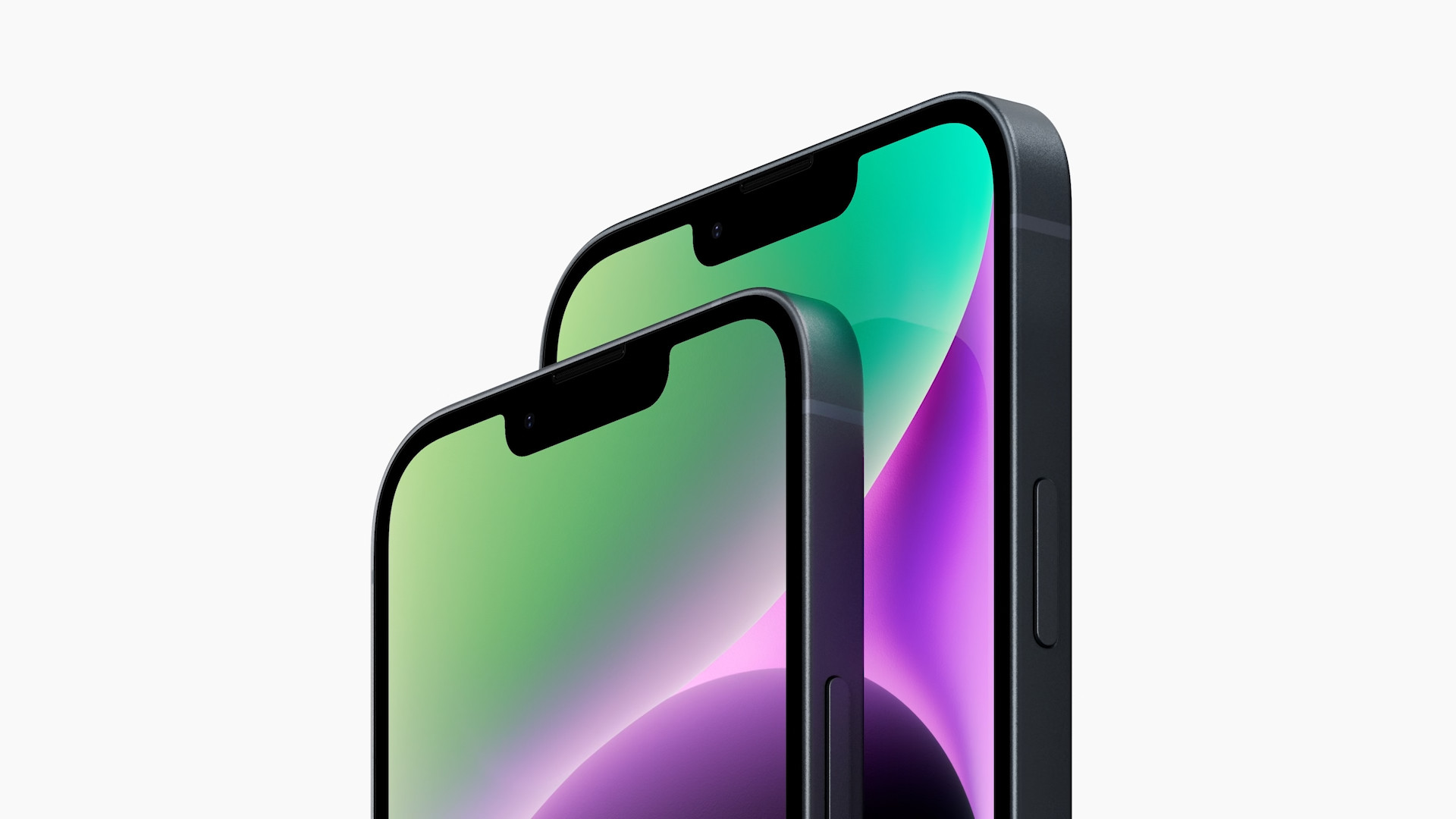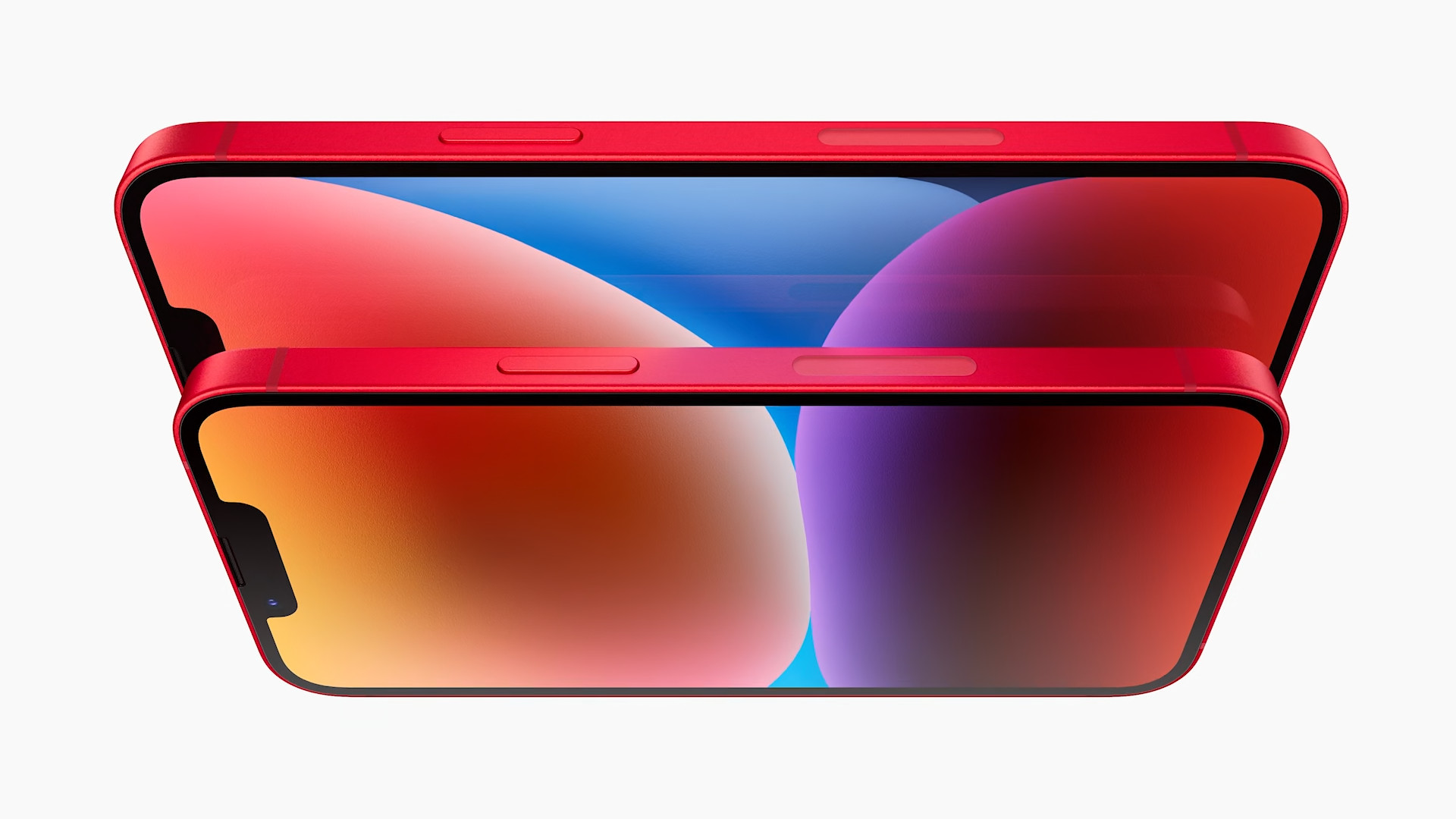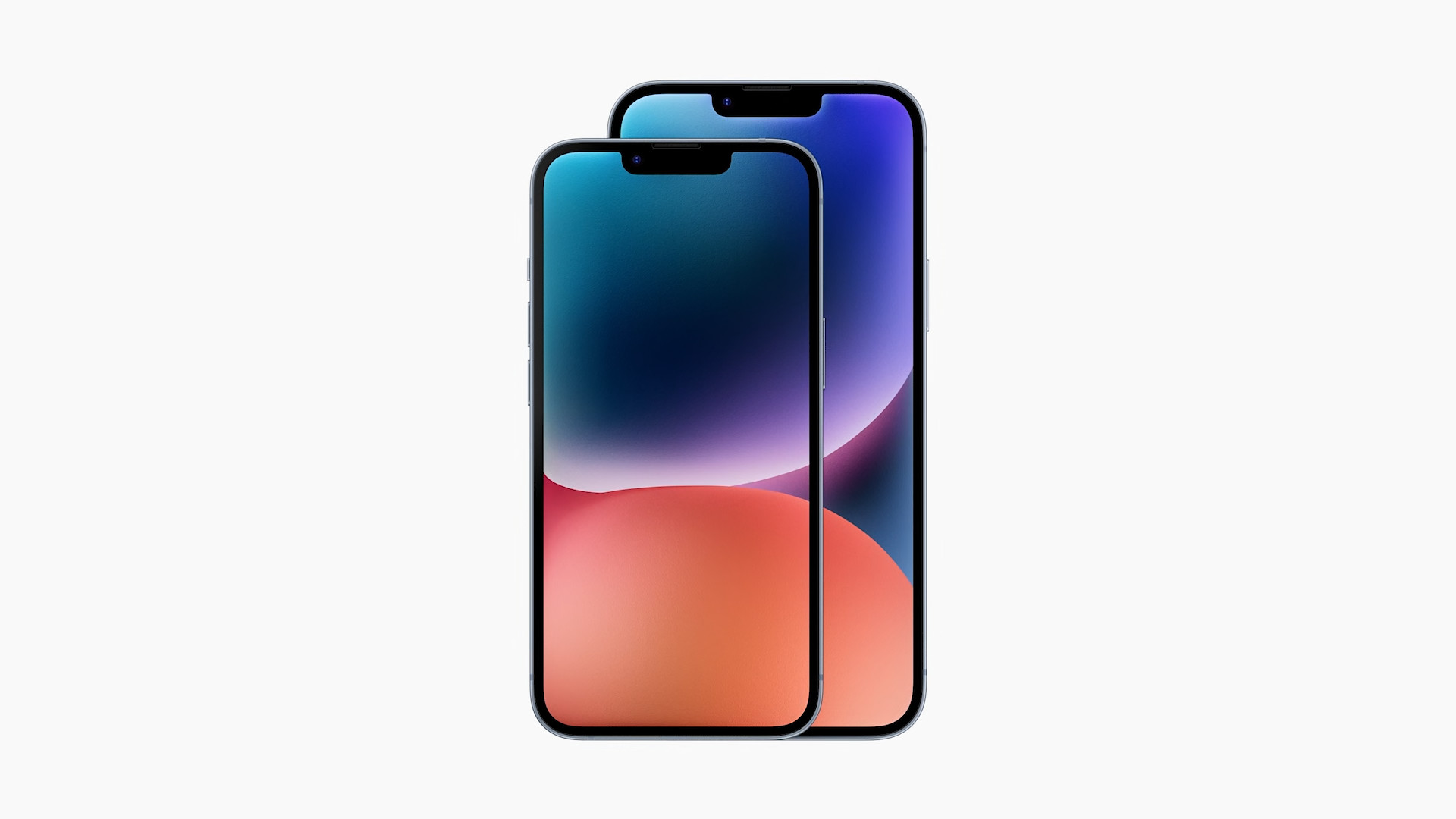Apple products are often characterized by better security than the competition. At least that's what Apple claims, according to which both the Apple software and the hardware itself boast a decent level of security. The statement can be perceived as true. By implementing some functions, the Cupertino giant really pays attention to the overall safety and privacy of its users, which clearly speaks in its favor. Thanks to this, you can, for example, mask your e-mail, IP address, protect yourself from trackers on the Internet, and the like within Apple's operating systems.
It could be interest you
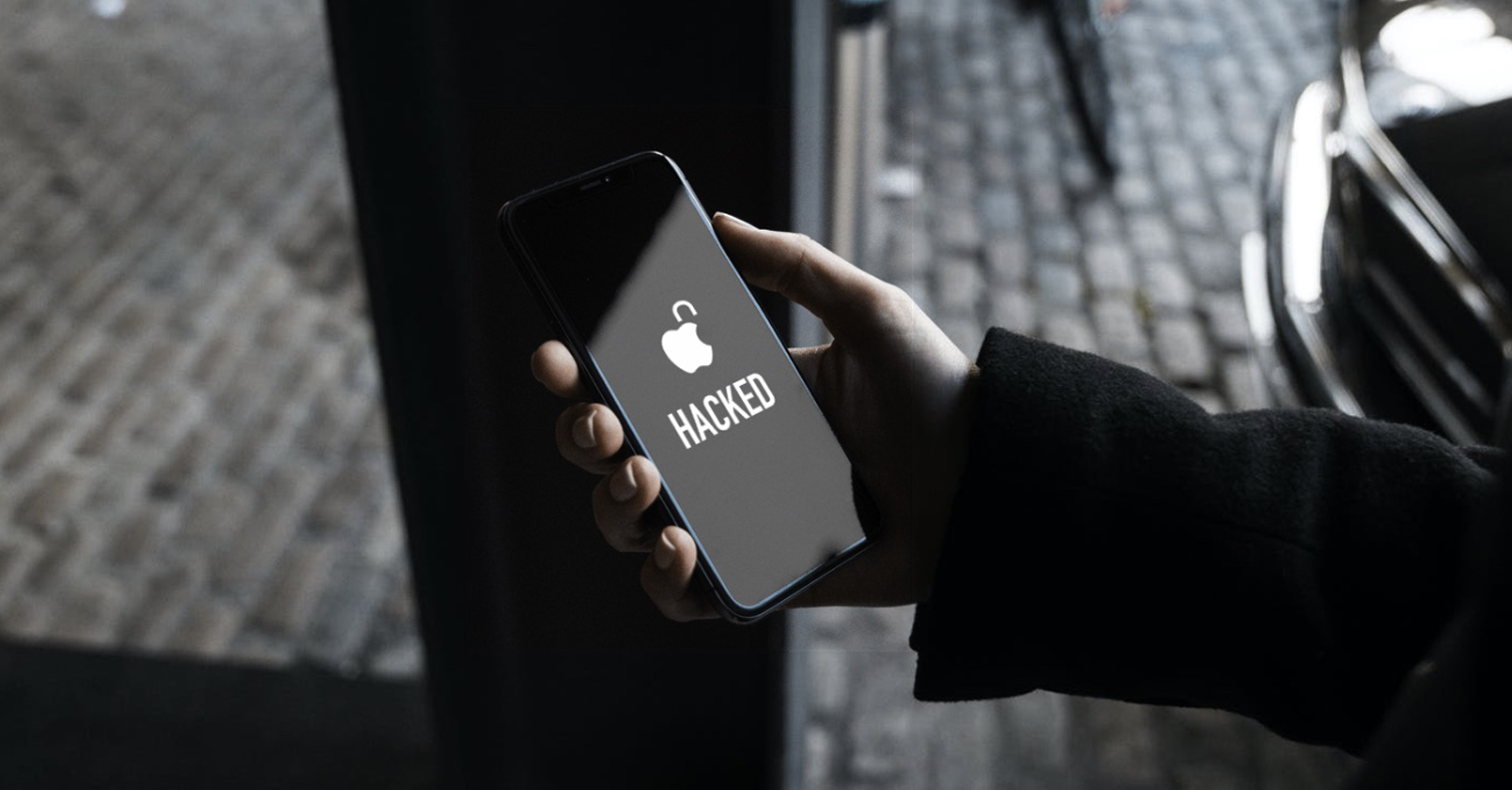
But that was a brief mention of software security. But Apple does not forget the hardware, which is extremely important in this regard. The Cupertino giant, for example, incorporated a special coprocessor called Apple T2 into its Macs years ago. This security chip ensured safe booting of the system, encryption of data in the entire storage and took care of the safe operation of Touch ID. iPhones also have practically the same component. Part of their chipset from the Apple A-Series family is the so-called Secure Enclave, which works very similarly. It is completely independent and ensures, for example, the correct functioning of Touch ID/Face ID. After moving to Apple Silicon, Secure Enclave is also included in the M1 and M2 desktop chips, replacing the Apple T2.
Is it security or openness?
Now we come to the question itself. As we mentioned in the beginning, the security of Apple products is not completely free. It brings with it a certain tax in the form of the closure of apple platforms or significantly more demanding, often even impractical, repairability. The iPhone is the beautiful definition of a closed operating system over which Apple holds absolute power. For example, if you would like to install an application that is not officially available, you are simply out of luck. The only option is the official App Store. This also applies if you develop your own app and want to share it with friends, for example. In this case, there is only one solution - you have to pay for participation in Apple Developer Program and subsequently when you can distribute the app in the form of testing or as a sharp version for everyone through the App Store.
On the other hand, Apple can guarantee certain quality and security to its users. Every app that enters the official app store must go through a separate review and assessment to see if it meets all the terms and conditions. Apple computers are in a similar situation. Although they are not such a closed platform, with the transition from Intel processors to Apple Silicon's own chipsets, quite fundamental changes came. But now we do not mean an increase in performance or better economy, but something a little different. Although Macs have improved noticeably at first glance, including from the point of view of security itself, we have experienced a relatively fundamental shortcoming. Zero repairability and modularity. It is this problem that troubles many apple growers around the world. The core of computers is the chipset itself, which combines a processor, graphics processor, Neural Engine and a number of other co-processors (Secure Enclave, etc.) on one silicon board. A unified memory and storage is then permanently connected to the chip. So if even a single part fails, you are just out of luck and there is nothing you can do about it.
It could be interest you
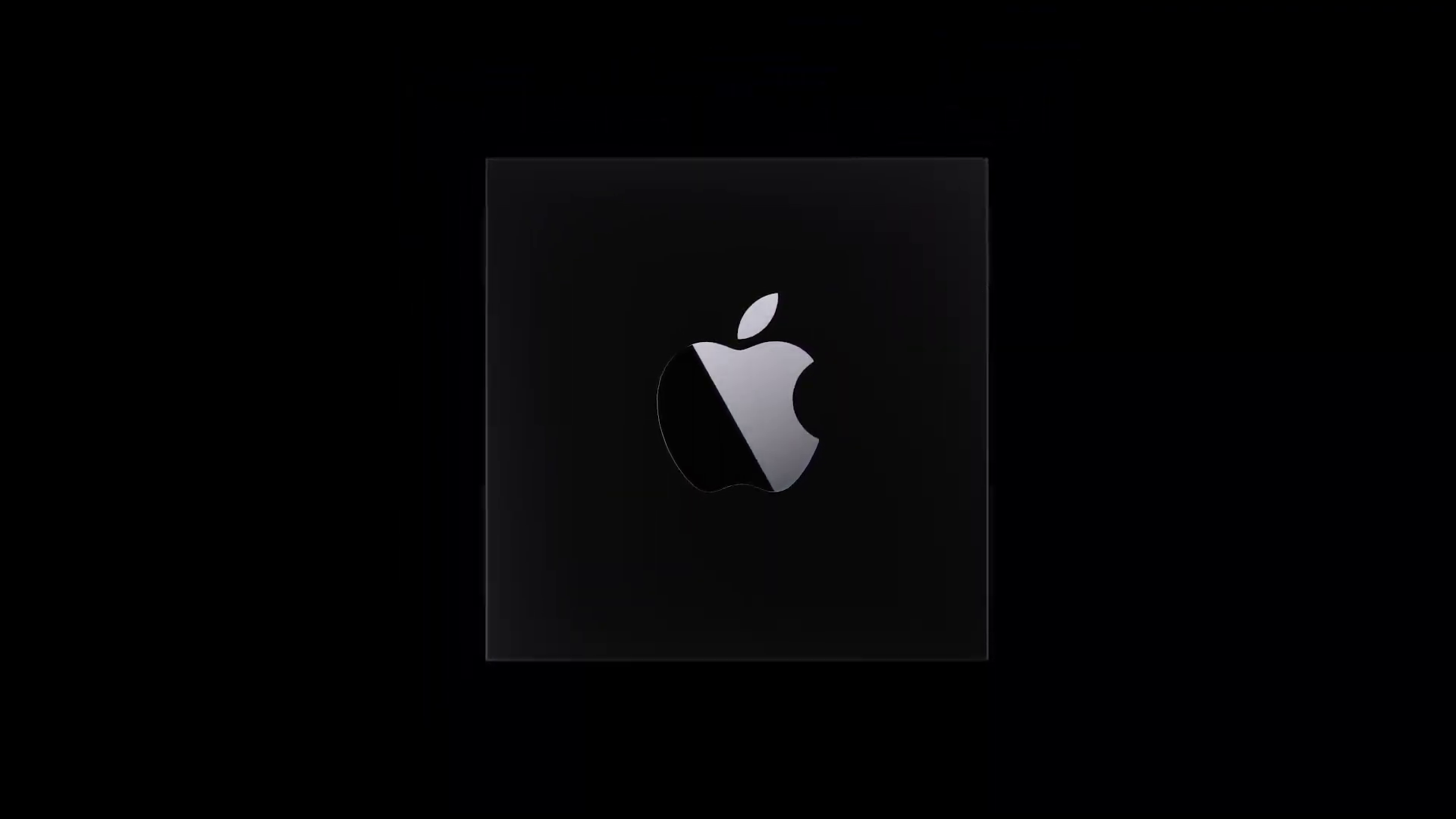
This problem mainly affects the Mac Pro, which still hasn't seen its transition to Apple Silicon. Mac Pro relies on the fact that it is a professional computer for the most demanding users, who can also adapt it to their own needs. The device is completely modular, thanks to which the graphics cards, processor and other components can be replaced in the usual way.
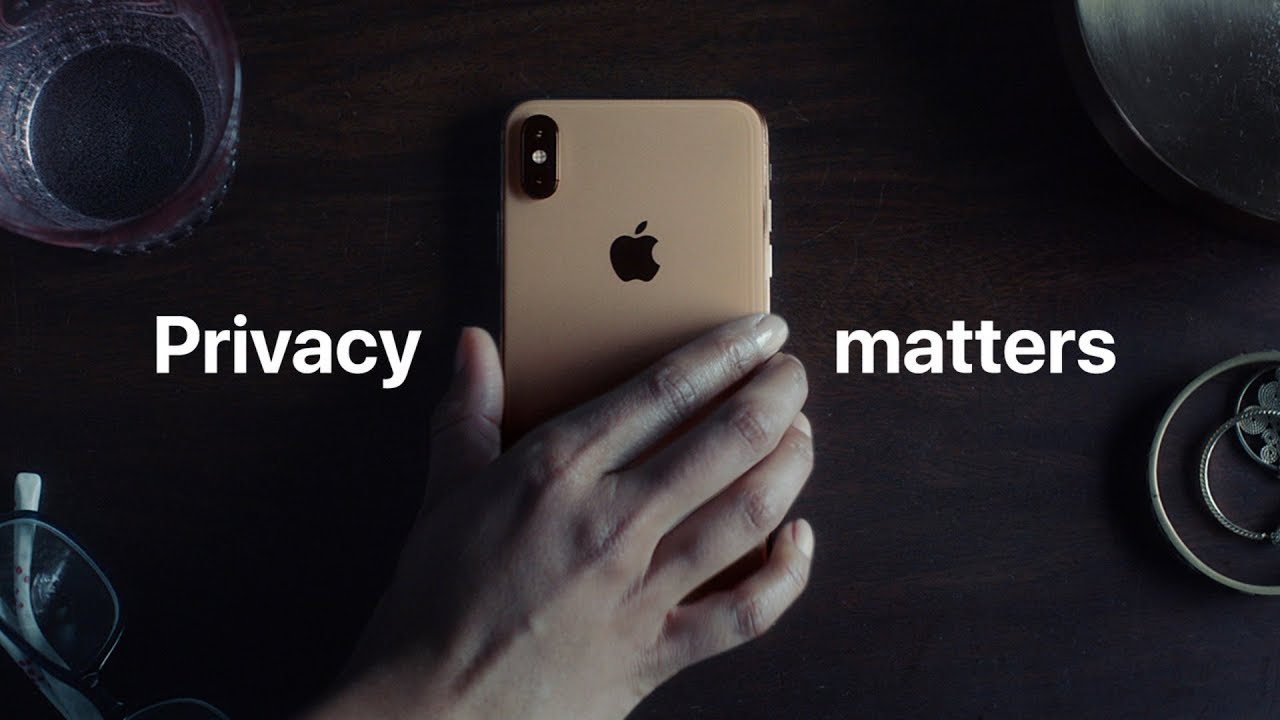
Openness vs. Repairability?
In conclusion, there is still one fundamental question. Regardless of Apple's approach, it is important to perceive what apple users themselves actually want, and whether they prefer a higher level of security or the openness and repairability of their apples. This discussion has also opened up on the subreddit r/iPhone, where security easily wins the poll. What is your opinion on this topic?
It could be interest you
